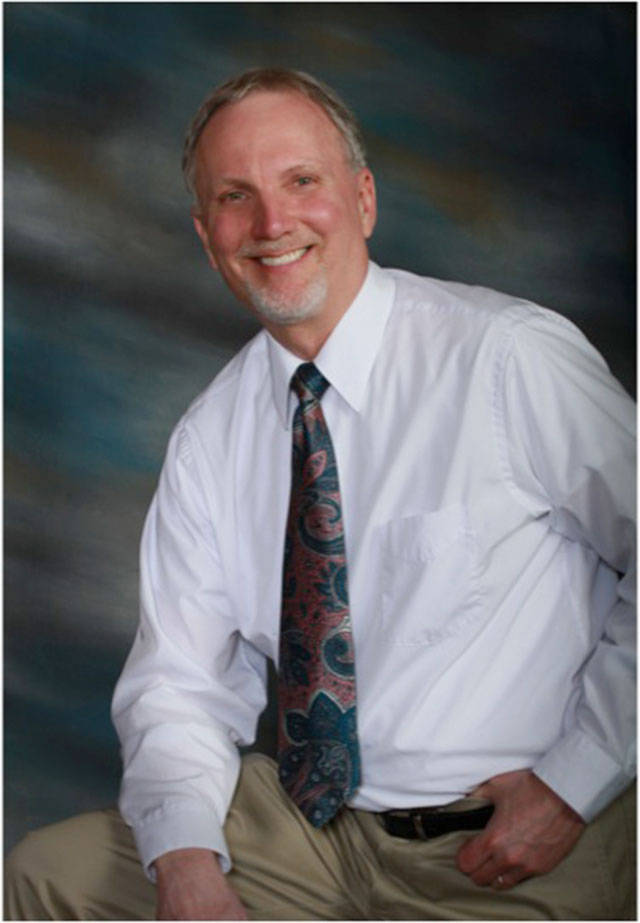It has been more than eight months since COVID-19 changed the world. The U.S. economy tanked as infection rates increased. Since that time, we appeared to gain a certain level of control as infection and death rates declined and the economy rebounded. Now, as the weather gets colder, the rates are climbing again across the nation. Rates are resurging in Europe and parts of Africa, and South America, too.
The coronavirus has revealed fault lines and weaknesses in the way it is managed. There is confusion about the role and function of government and relationships are damaged as people figure out how to cope.
Many people are now suffering from COVID-19 fatigue. Wearing or not wearing a mask has become a political issue. Those who won’t wear masks demand their rights, while those who encourage mask wearing claim concern for the common good. Is it possible anymore for people to realize that both issues are important and part of a balanced and sane culture? As the song goes, “You can’t have one without the other.”
Government leaders are criticized for being too controlling and over-protective, as in the case of our recently re-elected governor, yet I would not want to be governor or a school district superintendent or a government healthcare official in this period of crisis. Recently, a school district decided to open schools for in-person classes only to rescind the order that afternoon.
Making difficult decisions requires officials to focus not only on safety, but also on earning a living and providing social interaction for our children.
Because of the uneven and often contradictory messaging by government leaders, the question of when to wear a mask shows a level of confusion and ignorance among citizens. It’s common to see people wearing masks as they bicycle down the street, even though there is no one around. Science has taught us that a person has to be around someone with COVID-19 for at least 15 minutes to get infected unless that person is coughing and sneezing in our faces.
This is especially true when people are outside. Passing someone on the street is not going to spread the infection. On the other extreme, some workers and consumers wear their masks below their noses, not understanding that it’s not just the mouth that can spread infection. Many only wear masks because their employers or stores require it. Or they simply believe the pandemic has been manufactured for political reasons. I’ve heard educated people wonder if the pandemic would fade after the election. That question has now been answered.
Rates of infection and deaths are increasing. We’ll be hitting 250,000 COVID-19 related deaths soon, heading toward 400,000 or more by December.
COVID-19 has also damaged relationships. Some people are so fearful that they will catch the disease that they have holed up in their homes, afraid to go out. Loneliness and depression have resulted. Humans are social creatures and they need human contact. Others find the confinement wearing on their relationships. Angry outbursts, drug and alcohol abuse, and domestic violence have increased. Families can have conflicts when some mask up and others refuse to.
Thanksgiving and Christmas are coming. My wife and I decided not to attend certain get-togethers for health reasons. It’s just too risky to be around people who might spread COVID-19. We have formed a bubble of those with whom we will gather, which is really our immediate family. We wear masks and socially distance in other circumstances and avoid large gatherings.
With the recent news that relatives in Minnesota have caught COVID, the disease seems to be closer than it was previously. A wrong decision could open up our family to the penetration of the virus.
The difficulty is finding the right balance and in realizing that all life involves risk. Every time we drive a car we risk being injured or killed. Weighing the risks requires thinking and self-awareness. Some are capable of such thought while others seem to be incapable of weighing the costs and benefits.
There are no easy answers to what we should or should not do. The only certainty we have is that life will continue to be uncertain. I’ll leave you with this quote to ponder:
“The basic fault lines today are not between people with different beliefs but between people who hold these beliefs with an element of uncertainty and people who hold these beliefs with a pretense of certitude.”
Peter L. Berger


